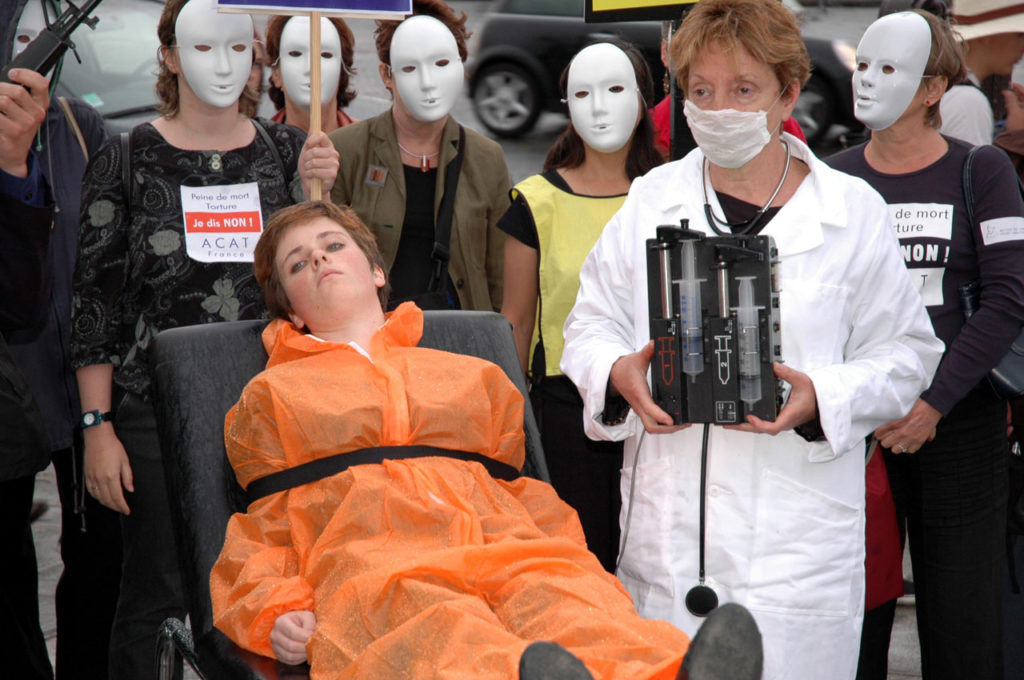
This week, Tennessee’s Supreme Court will tackle yet another question related to the death penalty.
Can death row inmates sue to avoid the electric chair?
Justices will meet in Knoxville on Wednesday to consider one of the latest spin-offs to the national debate over executions.
Four death row inmates have filed a suit that argues electrocution — Tennessee’s backup method of putting criminals to death — is cruel. The Tennessee Supreme Court will hear a state attorney’s argument that the suit should be dismissed, but it isn’t expected to issue its opinion for several weeks.
The case comes less than two months after the Tennessee Supreme Court ruled the identities of execution teams, including the doctors and pharmacists involved, could be kept secret. Another suit making its way through the state courts raises a challenge to lethal injection itself.
Skirmishes in a larger fight
Keeping track of all the cases that deal with the death penalty is difficult, but they all lead back to the big question: whether Tennessee continues to put people to death by lethal injection.
That makes them a part of a national battle over the death penalty, motivated largely by a growing belief that lethal injection may not be as painless as claimed. The U.S. Supreme Court wrestled with that issue last week when it reexamined a botched execution from Oklahoma.
These cases may or may not force Tennessee to rethink its capital punishment methods. But they are having an effect on the state, nevertheless.
As these cases have worked their way through the legal system, executions in Tennessee have been put on hold. It’s already been more than five years since the state put an inmate to death.


